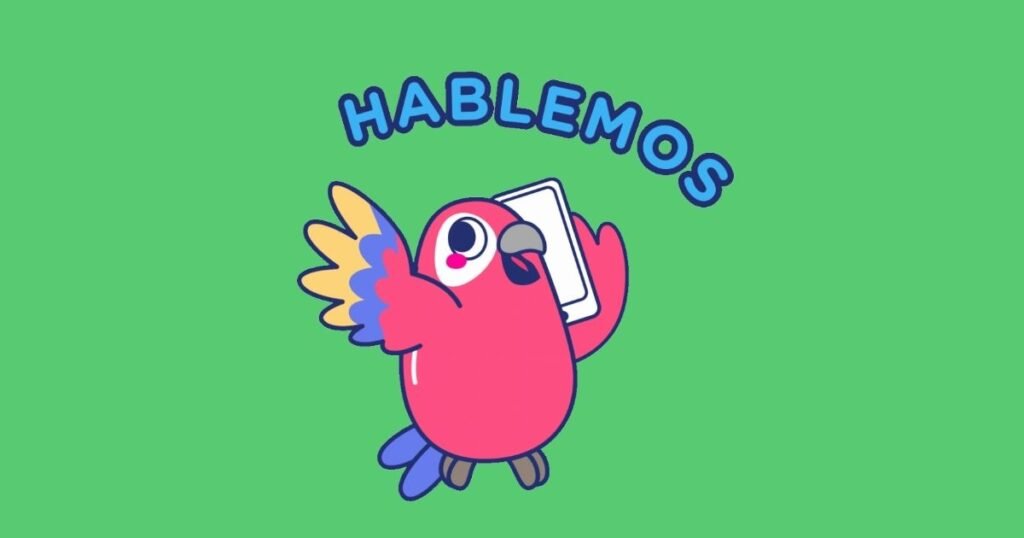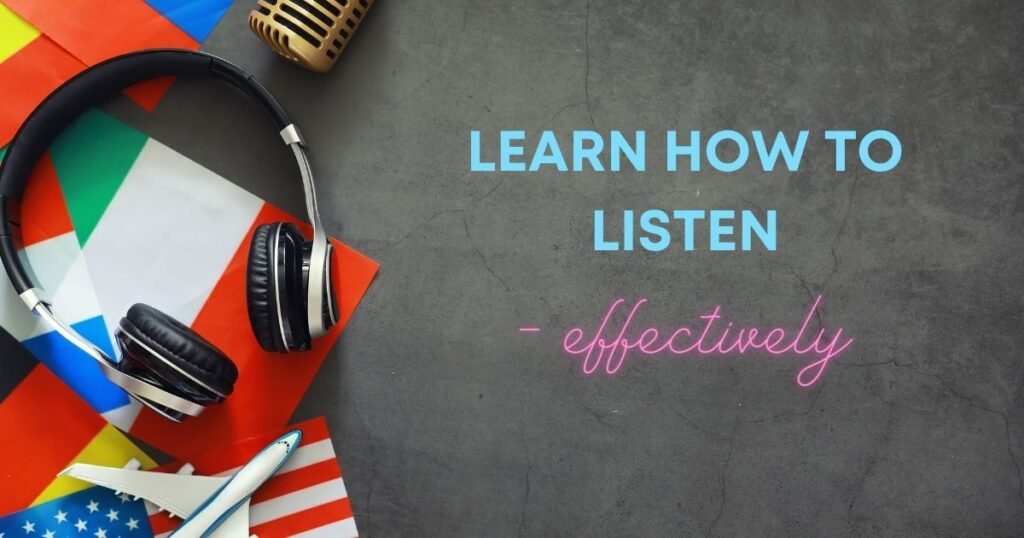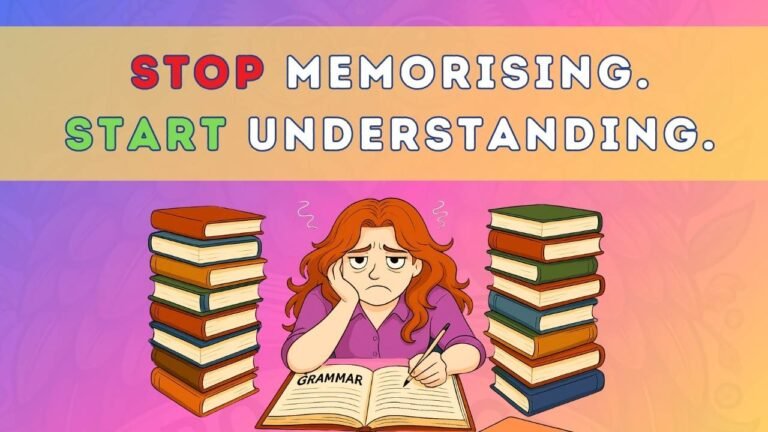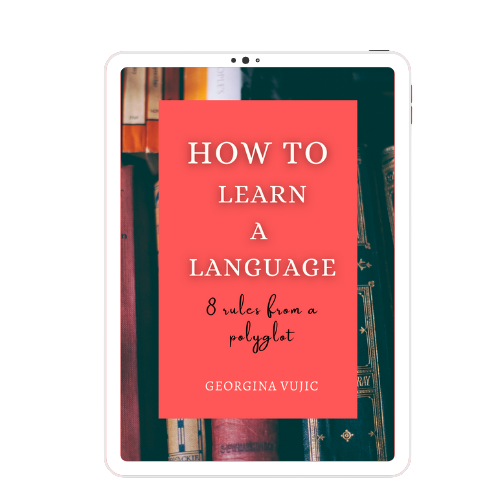That’s it, you’ve come to a decision – you’re going to learn a foreign language. You don’t know how to do it just yet, but every article out there tells you to watch movies in your target language. It’s all about learning languages by listening, everybody says.
What is more, you might encounter methods that swear by learning through listening – and only that. Some of the most searched for questions regarding language learning are the following: passive listening language learning, can you learn a language just by watching TV/ listening to music, and even – can you learn a language by listening to it while you sleep?
In this article, we’re going to debunk the myths surrounding learning by listening. What’s more important, we’ll give you some tips on how to use listening to learn a language – effectively.
To begin, let’s see some of the benefits of listening in language learning.
THE BENEFITS OF LISTENING IN LANGUAGE LEARNING
Listening is one of the four main language learning skills. The other three are reading, speaking and writing. It is incredibly important to start developing all 4 skills equally from day one of your language learning. This will ensure you adopt the language in a cognitive equilibrium. Students often disregard one or more skills because they find them harder. One or more underdeveloped skill often results in stifled fluency, passive knowledge and/or insecurity in production.
However, in this post we are discussing listening, and what makes listening so important? Can it help us acquire a language faster?
It’s no secret that we learn a language to be able to speak. However, we also learn it to be able to understand – both in the written and spoken form. This is where it gets tricky for a lot of students because oral communication is often more difficult than written one. This is the case because we:
a) don’t have as much time to process words, apply grammar patterns and organize sentence structures
b) we don’t see the words in front of us
Students of all levels benefit immensely from listening as without it one can never be fluent in the language. Listening is a crucial building block in early language acquisition process and can greatly improve your success in sounding like a native.
It may be the best way to familiarize yourself with a language. By exposing yourself to the spoken language on a regular basis your brain will absorb some aspects of it even if you do not understand the message. It is important to say that even though you might absorb some patterns and words by playing the same songs over and over again and by watching Spanish movies without subtitles (as erroneously recommended to beginners by some teachers), does not mean you will be able to use the absorbed effectively in production.
And that’s the goal for most students – independent and correct production.
HEARING VS LISTENING
Contrary to what many online language apps and programmes might claim, by merely immersing yourself in the language by listening, you will not gain an independent use of the language. Yes, it will help your brain adapt to unfamiliar pronunciations and structures, but you will still be severely limited as far as the use goes if you just focus on listening and not on understanding the patterns, messages, and contexts.
The truth is, humans acquire languages in one way and one way only, and that’s by understanding the input, not by hearing the language. If you just expose yourself to auditory content that you do not understand, you might absorb it, but you will not progress to independent fluency.
It is babies that acquire languages through hearing; for adults it is not as simple. Still think you can learn a language like children do? We’ve got you covered.
There’s a difference between learning a language and acquiring it. In theory, adults can acquire languages by hearing, but when put into practice it usually results in lots of mistakes in speaking and inability to read and write. For children, on the other hand, learning by listening is natural. Their brains are still developing whereas our brains have already been programmed in our native language. They have been accustomed to certain patterns that serve as a barrier to acquiring additional languages.
Nonetheless, listening is a crucial part of any language learning and an incredible tool of input. Make sure you listen actively and pay attention to how native speakers speak and pronounce the sounds of the language.
Even if you’re a beginner and you only understand a word here and there, it’s good to get a feeling for the language. Also, have you ever imagined yourself speaking perfectly the language you’re learning? That can be a great motivation.
CAN LISTENING MAKE YOU SOUND LIKE A NATIVE?
It is a misconception that it’s only the correct pronunciation of letters what makes us sound more eloquent, more like a native speaker. The truth is, language is a far more complex mechanism than that.
Native speakers will almost always be able to tell whether you are a native or not, and that can be frustrating. Their ears are incredibly attuned to the slightest divergence from their native accent. That is because our brains are wired to detect differences around us and to categorize the environmental reality accordingly, all for one purpose – survival. Divergence from the known to our reptilian brain signals a potential for danger.
That being said, the Internet is full of people imitating foreign accents with a staggering talent and precision without even speaking the language. Let me assure you – these talented people are still a huge minority in the grand scheme of things. They should not be the example on which we base language teaching and learning.
Students who are able to pick up a perfect accent, sounding very much like a native in short amount of time from the exposure to the language, have a talent for mimicry.
Studies involving direct language imitation tasks have shown that pronunciation ability is related to musical competence and working memory capacities. That means that if you have a “musical ear”, you are more likely to to pick up foreign accents with ease.
So can listening still help you sound more like a native speaker even if you are not an expert in mimicry nor a musician? Yes and no. Listening is an amazing tool just like any other and it will improve your pronunciation – if you know how to use it.

Humans are not parrots. We possess an incredible ability to learn through comprehension, so why are we not using it? In addition, it is a misconception that children learn languages by simply repeating back. Children’s brains actually have one-of-a-kind superpower. They analyze and extract linguistic patterns and rules when listening, only to later apply it to new concepts. Most adults lose this ability by the time they are young teenagers.
INTONATION IS PART OF PRONUNCIATION
Additionally, native speaker often report that it’s not the pronunciation of individual words that makes them struggle to understand foreigners. What gives them away is how all those words come together.
This is why the intonation and the linking of words together is what really makes you sound fluent. And you can improve that by – listening. However, listening itself will not be enough. To really improve your intonation and pronunciation, after a good amount of input (listening), try reading the same texts you had listened to. Then read them out loud over and over again until you are satisfied. Try to record yourself to track your progress and to take note of mistakes in pronunciation.
We have already said that to get the most out of listening, you should know how to use it and to use it with understanding. Listening is nowadays often represented and implemented in the wrong way. Let’s see why that is.
IS IT POSSIBLE TO LEARN A LANGUAGE JUST BY LISTENING?

Even though we have already responded to this question above, this is asked so often that it needs to be said again. Why is that? This idea has widely been popularized by the immersion method overtaking the language learning market. It promotes reaching fluency with minimal effort for the students. The only thing it guarantees is a high turnover for the businesses thanks to claims that they will make you fluent in 3 months.
There’s no doubt in mind that the immersion method is currently the most popular, and the most advertised method for learning a language.
Basically, the immersion method is exactly what it sounds like. You immerse yourself in that language, in the same way children acquire a language: through listening and repeating the words.
However, for most people that are over 8 years old, this simply won’t do.
This is why listening is one of the four learning activities, not the only one.
And yet, the immersion method focuses almost solely on listening and speaking. You will come across videos and articles about whether listening should come before speaking and vice versa? The answer is: neither one should come first. Both listening and speaking from the first day will give you the optimum results if you use them together. You also need to use them well. Build a solid foundation, understanding and at least basic knowledge of the sentence structure, grammatical patterns and vocabulary. For most people, only learning with understanding will over time lead to independent, correct and fluent linguistic production at a mastery level.
As a vivid illustration of why just listening won’t make you fluent, let’s observe how the immersion method worked for Viktor Navorski (Tom Hanks) in the movie Terminal.
THE VIKTOR NAVORSKI METHOD
So who’s Viktor Navorski and why is he in dire need of learning English?
He’s just landed from the Eastern European country Krakozhia to the JFK airport. Even though the country is fictional, the language he speaks in the movie is Bulgarian.
We’re more interested in his English, though.
As the director of the airport explained to Viktor there’s been a coup d’état and Krakozhia no longer exists as such. That’s how Viktor stays stuck at the Terminal. He is unable to go back to his country and forbidden from stepping into the city of New York.
If you watch the video clip above to see how Viktor tried to master English, what can you notice about his methods?
Viktor first tried to listen to the news. That to the grown-up, Eastern European speaking Viktor was just unintelligible noise. Next, he decides to focus on words on the screen, but even then, he’s only able to recognize basic words here and there. It doesn’t make him understand the main message about the state of his country. Instead, he only gets bits and pieces that don’t form a full picture.
How does that make him feel? He’s clearly frustrated by his lack of ability to understand and convey messages to others. The only thing that he can express is his feelings: agitation, worry, frustration.
He does that through gestures and expressions, not words.

So his next step is to buy two books: one in English and the other one in his mother tongue. By looking at words and comparing them, he starts to get a grasp of the language.
Comparative reading is actually a great way of learning a language and developing comprehension skills through translation. However, this is still a movie so the reality would have been somewhat different and a lot slower for Viktor without the grammar support.
Let’s also keep in mind that Viktor never started fluently speaking English. He was uttering sentences till the end but he managed to express what he wanted to say and that was enough for his needs.
Another thing to take into account is that Viktor had nothing but time as he was living at the Terminal – hence the movie title.
Most of us don’t have that time as adults, so how can we best learn to listen effectively?
USE LISTENING EFFECTIVELY AND IMPROVE FLUENCY

If you’ve read some of our previous articles, then you know we’re big fans of the written word.
Just like Viktor Navorski had to learn the hard way, we believe – and know – that words are best absorbed when we see them black on white. The best way you can work on your output (speaking and writing) is by working on your input first (listening and reading).
Listening will be a lot more efficient if you already have a foundation, if you can relate the sounds to the existing structures and rules in your head, or if it is used by a teacher who will expertly navigate you through it.
To gain the most out of listening and for it to make a big difference in your journey to fluency, you should:
a) study grammar
b) read as much as you can
c) know orthography (how the words are written)
d) listen actively (paying attention to the intonation, linking words and pronunciation)
If you do this, listening will help you establish what you’ve learned by reading. If you know how to write the new words you hear, you will remember them with more ease. Listening attentively will also teach you how to sound more native. The benefits are countless!
All in all, listening is undoubtedly a powerful tool for learning a language. Unfortunately, it’s also very often misused and misrepresented in the world of language teaching. Remember that, just like Viktor, if you focus just on listening in order to learn how to speak, you’ll most likely be setting yourself up for failure.
In order for listening to be truly beneficial in language learning, we must also study grammar, read and know how the words would look like in writing in order to effectively process what we’re hearing. This will also help our brains memorize the input in the most efficient way.
This will also allow you to focus more on the intonation and the pronunciation. And the result? Your pronunciation will improve and you will sound more natural, more native.
LISTEN WITH ROMANCE LANGUAGE CENTRE
At Romance Language Centre, we’re acutely aware of the importance of each and every language learning activity. This is why we’ve been working hard to offer you a plethora of listening materials.
If Spanish is your target language, check out our latest post about various, carefully selected TV shows in Spanish.
We’ve also brought you our very own adaptation of Blancanieves (Snow White) with many activities to reinforce the listening part.
This 30 pages-long resource comes with 10 minutes of audio content and an audio retelling of the adapted story. Besides being visually appealing and fun, we have packed it with activities that build upon each other in the most optimal way. You will develop your listening skills, practice and understand past tenses, expand, retrieve and solidify Spanish vocabulary & much more!
It is completely FREE for a limited time, so take advantage of that now. Find out more about Blancanieves here and start improving your Spanish.
















